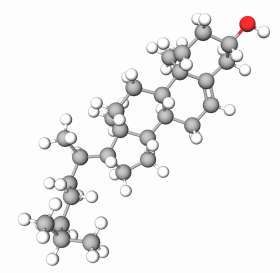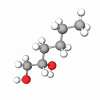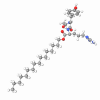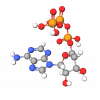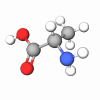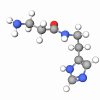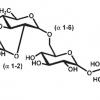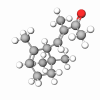Bad for vessels - good for skin
In nature, Cholesterol is a white crystalline powder, one of the most widely appearing sterols in animal tissues in the free and complex state, which allows the organism's lipids to absorb water. It is an important substance in the body involved in steroid hormones, vitamin D, and bile production. It is also an essential compound that maintains the skin's normal function.
Commercially, Cholesterol is derived from wool grease by fractionation, extraction, and purification. The compound is insoluble in water but soluble in most organic solvents, including oils.
It is used as a water-in-oil emulsifier or co-emulsifier in the pharmaceutical and cosmeceutical industries. It also incorporates active compounds into ointments and creams and stabilizes liposomes or Tocopherol (Vitamin E). Cholesterol also acts as a secondary oil-in-water emulsifier and a skin moisturizer suitable for topical formulations.
This lipophile sterol quickly penetrates through the skin barrier and promotes collagen fibers binding on the cell membrane surface. Moreover, Cholesterol expands the separation of the external lipid layer, elevating the collagen monomers' connection level. It also improves the membrane's elastic parts to restrict the collagen parts' penetration during self-assembly. So, it plays an essential role in ECM structures, improving skin elasticity.
